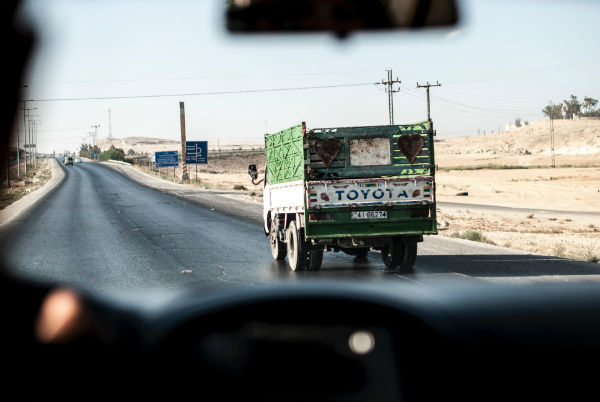Social media platforms are increasingly influential in shaping politics and societies in the Arab world. This trend became particularly apparent following the uprisings and social developments of 2011. Throughout these events, social media played a pivotal role in organising groups, planning protests, and sharing updates. Facebook became an important meeting platform for activists, who used the ‘groups’ function to mobilise people both online and on the ground.
As some of the uprisings descended into chaos and civil war – as was the case in Syria – the role of Facebook adapted. Not only did it mobilise people to enforce change at home, Facebook also became a powerful platform for reorganising communities and helping those forced into exile.
One example is the ‘Syrisches Haus in Deutschland’ (Syrian Home) Facebook group. The group’s objective is to help Syrian refugees in Germany integrate into society and rebuild their lives away from home. The Syrian Home was founded in April 2014 by photographer and journalist Monis Bukhari, who had himself fled the conflict in Syria. Since its creation, The Syrian Home has grown into an active community with more than 180, 000 followers. It is now a virtual home for displaced, dispossessed, and disoriented Syrian refugees.
The predominantly Arabic content offers the kind of support to newly arrived refugees that isn’t always available through more traditional organisations. The aim is to offer advice through experience, using familiar language and cultural references to explain life in Germany.
Content touches on all aspects of life, including residency status, finding accommodation and employment, and learning German. Common questions include what to expect during an interview at the job centre, or how long it typically takes for an Arabic speaker to learn German. Some posts are more personal, with one refugee writing “I now speak German fluently, and have completed a university degree, but life still feels meaningless.” Others reflect a sense of collective angst around living in exile. One woman recently granted permanent residency status asked, “Do you think you’ll be here [in Germany] forever, or will we go back one day?”
It’s not known how long the war in Syria will continue, or how many more people will be forced to flee their country. It’s also not yet clear whether they will be able to successfully integrate into new societies. Immigration is already a fraught and complex process without the added layer of tragedy and dispossession. In building a sense of community, safety, and familiarity, ‘Syrisches Haus in Deutschland’ is giving hope to those who could have easily become destitute in their host country.
